‘America is British’. Heaven is ‘a socialist state’. David Attenborough is ‘anti-human’ – the startling theories of Reform MP Danny Kruger
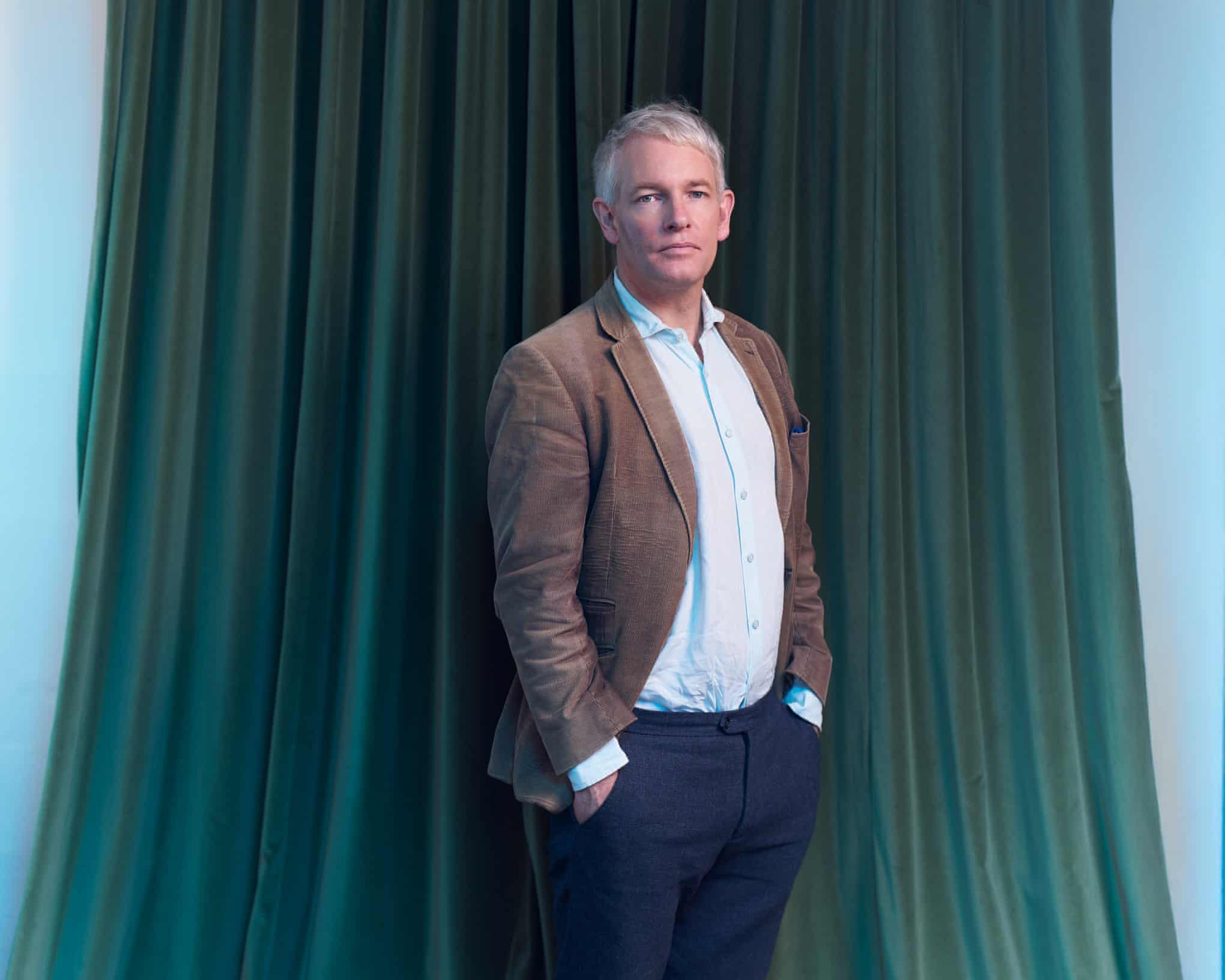
He was a Conservative party big-hitter who wrote speeches for David Cameron and worked with Boris Johnson before he suddenly jumped ship.He talks family, flags and why Nigel Farage is ‘top dog’What I struggle to understand, I say to Danny Kruger in his office at Reform UK HQ, is why a serious Conservative, with a glittering future like yours, would defect to a party led by Nigel Farage? Indeed, the defection of Kruger, a heavy-weight on the Conservative right who served on the front bench and been tipped as a possible future leader, was seen as a major coup for Reform, catching commentators off-guard.Unlike previous deserters – Andrea Jenkyns, Jake Berry, Nadine Dorries – he was a sitting MP in a safe Tory seat.Plus, he was untarnished by the boisterous excesses of Boris Johnson and Liz Truss.But we’ve been around the houses a few times on this.
He’s talked about his philosophy (Burkean), his Christianity (evangelical), thrown out words like “family”, “community”, “nation”,He’s asserted (confusingly) that the Tories are “over” but “not dead”, that politics is mostly “gut feeling … mostly vibes – isn’t it?” Now, after a pause, Kruger sits back and fixes me with a blue-eyed grin: “Humans are pack animals,” he says,“You need to know who top dog is, otherwise the other dogs fight each other,That’s what we get in Tory and Labour,Because there’s a weakness at the top.
”In a nutshell, then, Farage is what drew Kruger to Reform,And when you think about it, Farage is all there is to Reform,Or was, until recently, when their polling was boosted by all the rats fleeing the Tory ship,The Faragists drained their pints, stubbed out their cigars, and got down to some party-building,For instance, in an effort to persuade voters they are more than a protest group, Reform have abandoned their reckless promise of £90bn in tax cuts, stressing instead the need to do sensible things like reduce national debt.
Meanwhile, Kruger is heading up the party’s department for preparing for government.“The characterisation of Reform a year ago – basically one man and an iPhone – is not the case any more,” he says.“It’s one man with a very professional setup.Operationally, the party has become properly constituted, formalised with a party board, legal structure, all the things that a grown-up political party needs.”Here, I am struck by another thought.
It’s not just Farage that attracted Kruger.It’s the great big policy vacuum behind Farage.Like a property developer eyeing a brownfield site, Kruger sensed opportunity.Because Kruger is a font of ideas.Not all are stable, not all are consistent, and not all will last the course, if his extraordinary career trajectory is anything to go by.
At first glance, the white-haired, softly spoken, 51-year-old – who wears the same crumpled wool suit, white shirt and mustard tie each of the three times we meet – might seem patrician in the traditional One Nation mould.He was educated at Eton, at Edinburgh, has a DPhil from Oxford.He founded the prison charity Only Connect, and not only worked for David Cameron in opposition, but was responsible for his famous “hug a hoodie” speech.Oh and guess what? His mum is cookery writer Prue Leith, the colourful judge on The Great British Bake Off.To be fair, Kruger has always had a sense of who might be top dog.
After Cameron, he was Boris Johnson’s political secretary, before becoming an MP, then a defence minister.He ran Robert Jenrick’s campaign to succeed Rishi Sunak, but insists, “I was happy that Kemi Badenoch won.If I had chosen an alternative, it was her.” What frustrated him was Badenoch’s failure to “hit the ground running” and then her failure to do anything at all.A year passed: “Labour collapsed; Reform rose.
The Tories did nothing.”So, over the long hot summer, he walked the fields around his Wiltshire home.He sat mulling in his sitting room, took calls from his friends in Reform.Among them: James Orr, a don in Cambridge’s faculty of divinity.Orr was working informally for Reform, but now has an official advisory role, recruiting “highly able individuals” to party ranks.
Kruger shares Orr’s vision for a “new politics”, which would see a realignment of party lines, bringing in sync Blue Labour – culturally conservative “old left” – and the populist “new right”.Orr’s presence, Kruger says, “was another confirmation that the philosophy of Reform is the one I’m comfortable with”.(By the way, Orr’s influence on the new right is substantial: JD Vance, the US vice-president, describes him as his “intellectual mentor” and “my British Sherpa”; Politico calls him “the philosopher king”; his positions include opposing abortion at any stage of pregnancy and admiring US gun laws.If Farage were to get to No 10, he has said, he will have to do “very unpopular things”.)While Kruger insists there was no one lightning bolt of clarity – “it was more a gathering conclusion, which crystallised in August” – it’s important to mention the hot night that month that Kruger drove to the Cotswolds to join Vance in his holiday house for a barbecue.
They drank beer, talked Christianity.Kruger found him “gentle, personable.He listens as well as talks.” He’s impressed by what Vance had made of his tough upbringing – detailed in the book Hillbilly Elegy – but also his real-world military experience; “his intelligence”.Not long after, Kruger returned Vance’s hospitality by giving him a personal tour of the Palace of Westminster.
Today we are on the 14th floor of Millbank Tower, the modernist block in Westminster, where even the lift stinks of cigar smoke.My questions cover recent events.Such as, why was the Reform MP Sarah Pochin given a free pass for saying that seeing black and Asian people in adverts “drove her mad”? (Answer: “It’s about intention.Sarah’s mistake was that she didn’t mean what it sounded like.”).
What is your personal view of overturning the legal status of those given indefinite leave to remain? “Indefinite leave to remain was never a promise of permanent settlement.It’s what it sounds like – indefinite leave to remain: it’s in government’s hands whether they continue it or not.” Should women be sent back to countries like Afghanistan and Iran? “If it’s safe to do so.”There are also observations I don’t get to put to him – such as whether he’s noticed how many of the young men in Reform’s press conference team had chosen to have Hitler Youth hair – because we get stuck into his views and his responses come in thick and fast.It’s like handling fissile material.
First, flags,I heard British writer Zadie Smith recounting how she drove from Cambridge to London recently and was alarmed to see that every village en route was decked out with St George’s and union flags,She felt that was a sign of national crisis,Even before I’ve finished the question, Kruger is nodding in fierce agreement,“Yes.
It reflects the fear and insecurity in society – but it’s a legitimate fear and quite a noble statement by ordinary people who believe in their nation and want to proclaim it,The waving of a flag is a pacific way of asserting identity and belonging,Wherever the flag is planted, people – the majority of that community – stand for the values and traditional ideas of our nation,A country in crisis has to lean on its traditional symbols,”But was there a spontaneous uptake of the flag all over the country? Or is Reform putting flags in people’s hands, while pressing the bruises of division in order to gain power? “When you say ‘pressing the bruise’, you could say ‘respecting the bruise’,” he says.
“Acknowledging it.Saying, ‘You’re hurting here, and we are going to treat it.’” He says I should worry about the cause, not the consequence.That anger is caused by a dysfunctional state, massive migration, economic and wage stagnation, a breakup of communities with their traditional industries.“People are waving flags to say, ‘We want our country back.
’”Isn’t it an import from the US, though, specifically Trump’s Maga America? “I dispute that,” Kruger says.“I recognise there’s a bit of a conscious echo.But remember America is British.”I look up from my notebook and frown.Are you sure you meant to say that “America is British?”“Yeah, go on, definitely.
Trump, JD, they all explicitly say, ‘We derive our ideas – and certainly our political model and our political culture – from Britain.’ And, ‘What a shame you guys seem to have so little pride in your own country and your own model.’ If you look back to the 18th and 19th century, we were pretty vulgar, too.There’s a lot of flag-waving.So partly, Reform is just bringing it back.
”So flag-waving is vulgar? He tells me not to be a snob.“Vulgarity is great.It’s a simple, straightforward, uncomplicated assertion of national pride, which is a good thing – if the country itself is good and democratic.If you go back to the time when America was being born, Britain was extremely triumphalist and pleased with itself in a way that we would now regard as terribly déclassé.”Are we talking about empire? But he’s moving into an explanation of how economics and migration are only part of the problem.
The real issue, the real poison, the real fight is actually with the progressive left.The flag-waving is, yes, a deliberate hostile response to what Reform sees as “dangerous and transgressive ideas”.These fall under “the panoply we call ‘woke’”, he explains, “a word that trivialises quite a substantial set of ideas that are not to be treated flippantly.Everything from BLM [Black Lives Matter], to trans, to the Palestinian agenda, to DEI [diversity, equity and inclusion] in the workforce, to all the ideas that are undermining traditional associations of family, community and nation.Those ideas are hostile to the inherited understandings of how we belong, and how we relate to each other in society.
So: hostility to traditional families, hostility to the idea of rootedness in place, hostility to nations.”There is almost too much in here to unpick.I query what he means by “hostile” and Kruger’s tone turns grave.“I’d love your readers to properly believe me when I say this: I have great respect for the people who are trying to make a better society on the left.Their motivations are decent.
The problem is they have an ideological objection to traditional family forms – which is mothers and fathers bringing up their children, living together and staying together.They think that is inherently patriarchal, oppressive, problematic.” Kruger does not say outright that he is against gay marriage or parenting – on the contrary, he says, “It’s not for me to judge people’s marriages or love lives –at all.” And yet, and yet he believes fiscal policy should benefit, “what we think is right for most people”.That suggests a hierarchy, with his idealised nuclear family at the top.
I remember a New Statesman piece that listed the words Kruger used to described the left: “enemy”, “parasite”, “malignant growth”, “gnostic”, a “false faith”, a “lethal threat”.Put to Kruger, he replied that “policing language is a trick of the left”.Half of all teenagers grow up in broken homes, he says, “because we have a fiscal system that rewards and incentivises family breakdown”.Most countries have a more family system, he insists, and that’s what he wants to see here: “A system that is more pro-couple, more pro-children.”I know from the policy positions of the splinter group he had with Miriam Cates called The New Conservatives, that he has strong views on traditional family.
But I suggest that he wouldn’t be here today if marriages didn’t sometimes fall apart.After all, his own mother had a 13-year affair with his father, the author Rayne Kruger, who was married to Leith’s mother’s best friend.“Well, quite, exactly,” he says.“I’m the child of an adulterous affair.Thank you for raising that.
My wife was also brought up by a single mum,” (Emma Kruger’s father died suddenly when she was five),What about Farage, whose first marriage ended in divorce ? Would the way he lives represent all Kruger’s values? “So, listen: you’re challenging me as a Christian, and as a Christian I don’t judge people – how they live, who they live with, who they sleep with,” However, he continues, “I’m interested, as a politician, in setting the framework that makes for a better, healthier and happier society,Which I think is one in which people are supported to do what most people want to do: settle down with one partner, live with them for the rest of their lives, bring children up together

Falling stock markets and high shop prices hit US consumer confidence; rate cut hopes lift Wall Street – as it happened
US consumer sentiment fell in November to one of the lowest levels on record as Americans grow gloomier about their personal financial outlook.The University of Michigan’s index of consumer morale has dropped to 51 for November, down from 53.6 in October.The recent stock market falls appear to have dented sentiment among rich Americans, while other citizens are suffering from high prices in the shops.Surveys of Consumers director Joanne Hsu explains:After the federal shutdown ended, sentiment lifted slightly from its mid-month reading

US data agency cancels October inflation report as Fed considers whether to cut rates
The US federal government will not publish official data on inflation for October, depriving policymakers at the Federal Reserve of key information as they consider whether to cut interest rates.The Bureau of Labor Statistics canceled the release of the closely watched consumer price index (CPI) for October, citing the government shutdown – the longest in history, before it ended earlier this month – and stating it could not “retroactively collect” the data required for the report.The decision, announced on Friday, heightens uncertainty around the strength of the US economy. Jerome Powell, the Fed chair, had already likened the central bank’s task of guiding the economy, without standard data on its performance, to “driving in the fog”.Price growth remains above typical levels, according to recent CPI releases

Drax, the forestry industry and the guise of ‘green’ energy | Letters
The environmental non-profit Stand.earth fails to see the wood from the trees when it comes to the Canadian forestry industry and Drax’s limited role within it (Drax still burning 250-year-old trees sourced from forests in Canada, experts say, 9 November). We do not own forests or sawmills, and we do not decide what areas are approved for harvesting.The vast majority (81%) of our Canadian fibre came from sawdust and other sawmill residues created when sawmills produce wood products used in construction and other industries in 2024. The remaining 19% of our fibre came from forest residues, including low-grade roundwood, tops, branches and bark
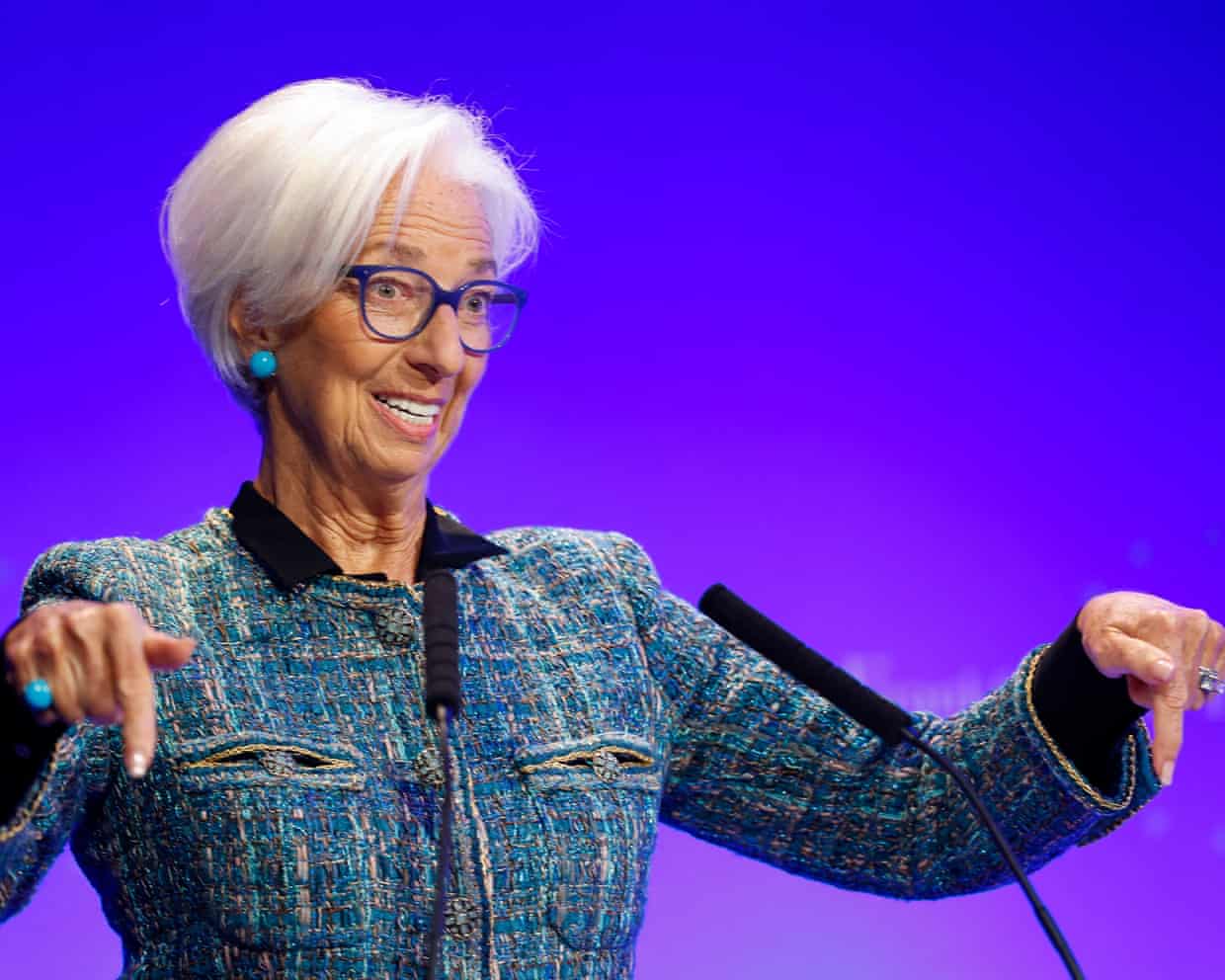
Europe’s economy is geared towards a disappearing world, says ECB’s Lagarde
Europe’s economy is “geared towards a world that is gradually disappearing”, according to a warning from Christine Lagarde that the EU needs reforms to spur growth.The president of the European Central Bank (ECB) said the EU’s dependence on international trade had left it vulnerable, as major partners had turned away from the trade that made the bloc’s exporters wealthy.Donald Trump has led a global turn towards protectionism and against globalisation, with steep tariffs imposed on almost every trading partner. At the same time, China has used its dominance of production of certain critical materials and products to exert pressure.Lagarde argued that Europe was vulnerable because of a “dependency on third countries for our security and the supply of critical raw materials”
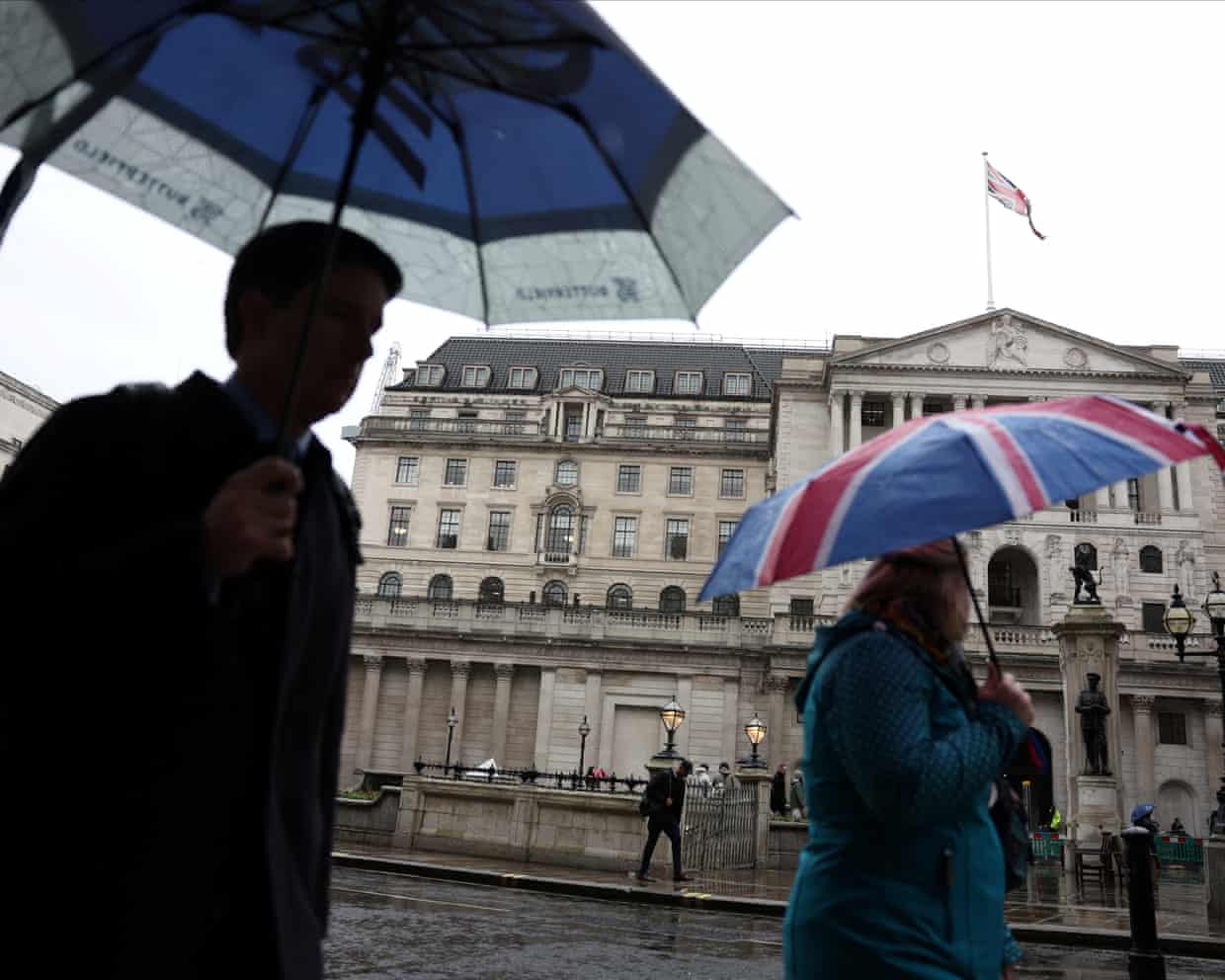
UK government borrows more than expected in setback before budget
Rachel Reeves was urged to use next week’s budget to create significantly more headroom against her fiscal rules, after official figures showed the UK government borrowed almost £10bn more than forecast in the year to October.In the final snapshot of the public finances before the chancellor’s crunch budget, the Office for National Statistics (ONS) said borrowing – the difference between public spending and income – was £17.4bn last month.That was lower than the same month last year, but still the third-highest October deficit on record.In the fiscal year so far, borrowing was running at £116

Wetherspoons to open first pub in Spain – offering garlic prawns and beer from 6am
Wetherspoons is to open its first pub outside the UK and Ireland, serving alcohol from 6am every day to sun-seeking Britons waiting for their plane in the departure lounge at Alicante airport.The opening in Spain, scheduled for January, will be the first foray on to continental European soil for the pub chain, which said it expects to pursue more footholds on the continent in the coming years.The expansion into mainland Europe comes nearly a decade after the outspoken Wetherspoons founder and chair, Tim Martin, celebrated Britain’s vote to leave the EU, a policy he vocally backed.The airport pub, named Castell de Santa Bàrbera after a culturally significant medieval coastal fortress in Alicante, expects to cater to holidaymakers travelling home from Spain’s Costa Blanca tourist hotspot.Alongside its usual dining fare, such as fry-ups, burgers and pizzas, the departure lounge pub will also serve traditional local dishes such as garlic prawns and Spanish omelette

After 10 years talking to knights, squires and wizards, I understand why ren fairs are booming
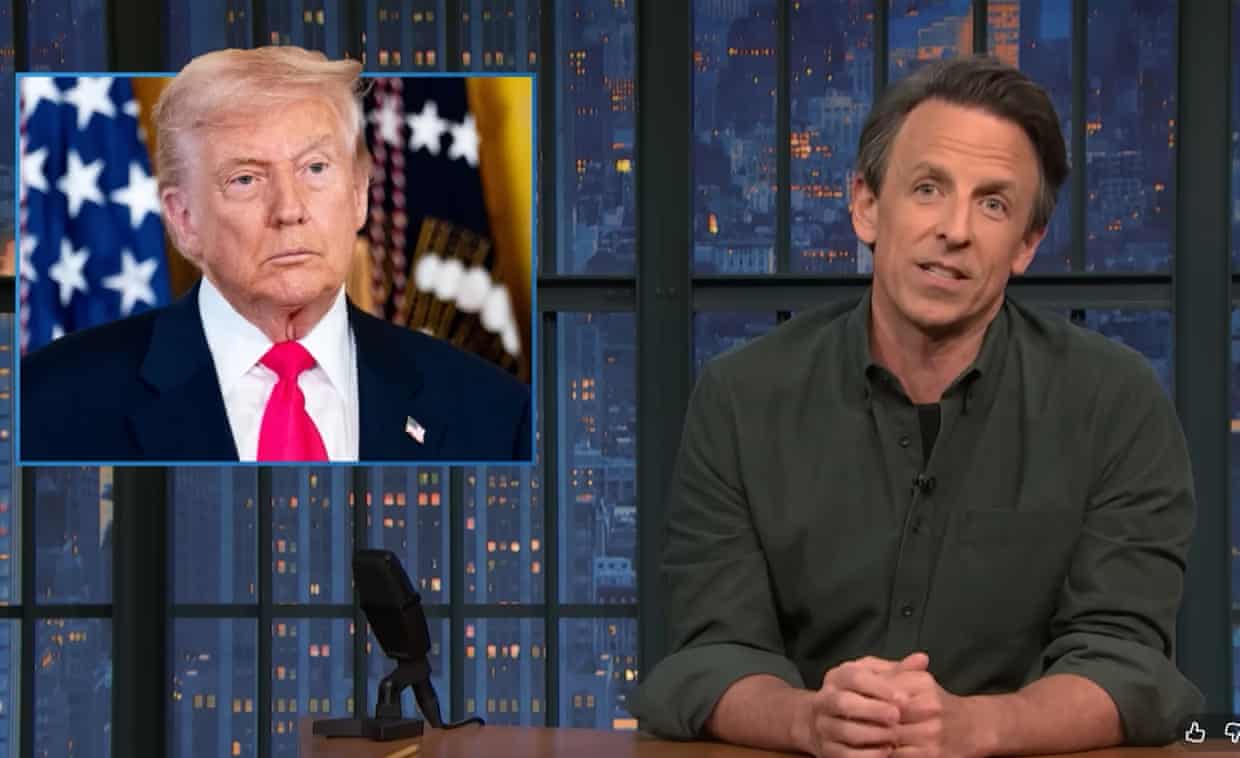
Seth Meyers on Epstein files: ‘It’s obvious why Trump fought so hard to stop this bill from passing’

My cultural awakening: I moved across the world after watching a Billy Connolly documentary
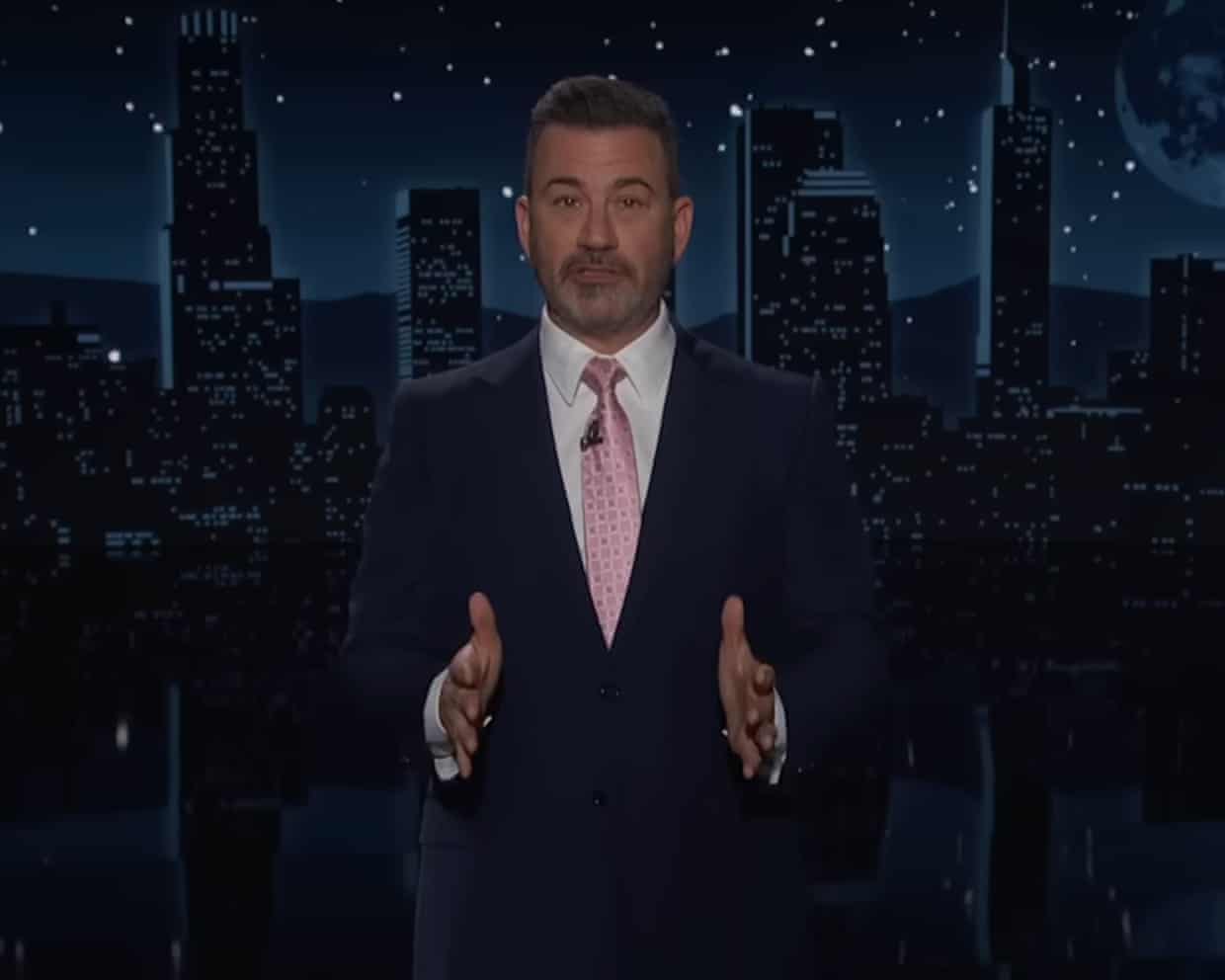
Jimmy Kimmel on Epstein files congressional vote: ‘Make no mistake – this isn’t over’
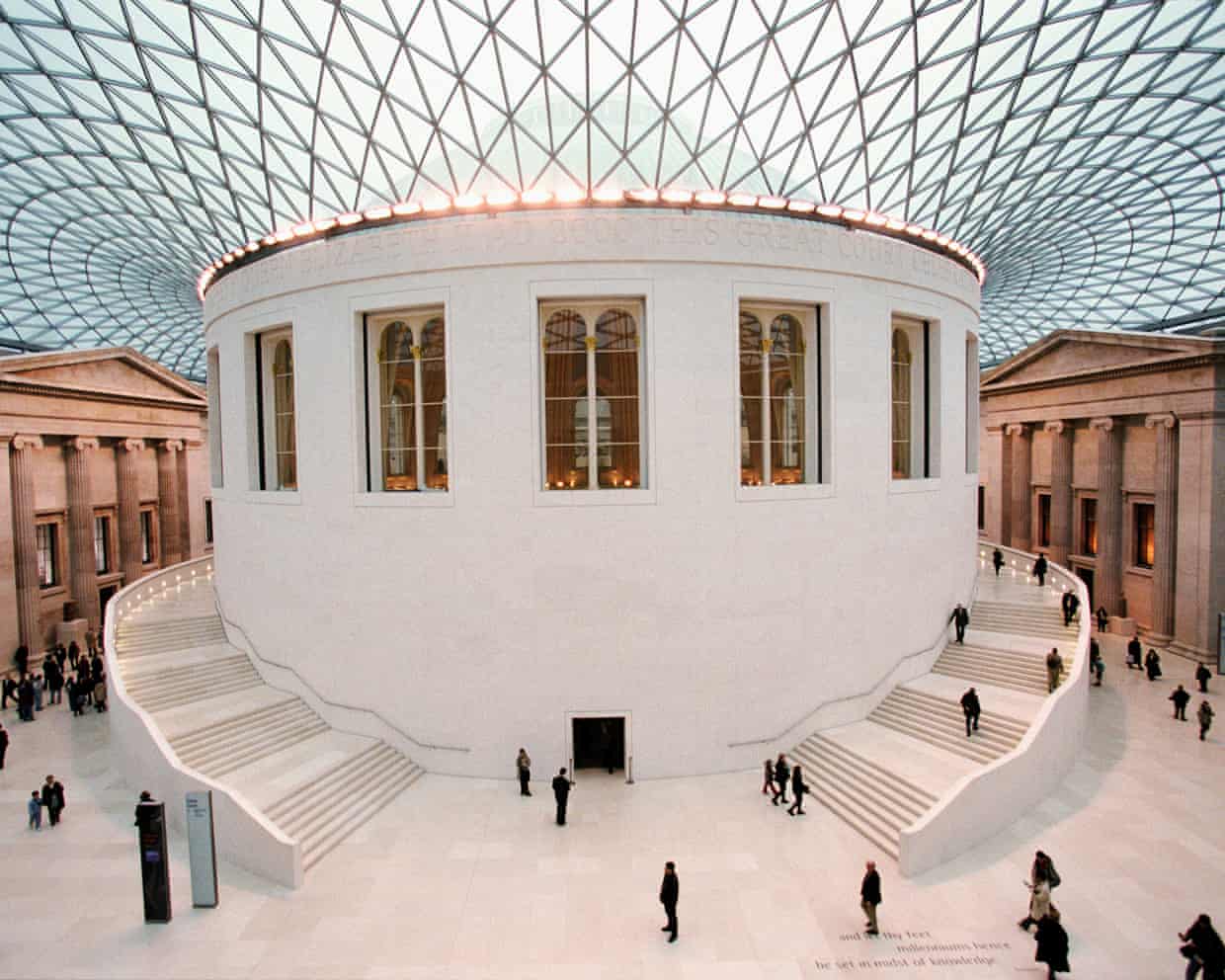
British Museum ends ‘deeply troubling’ sponsorship from Japanese tobacco firm
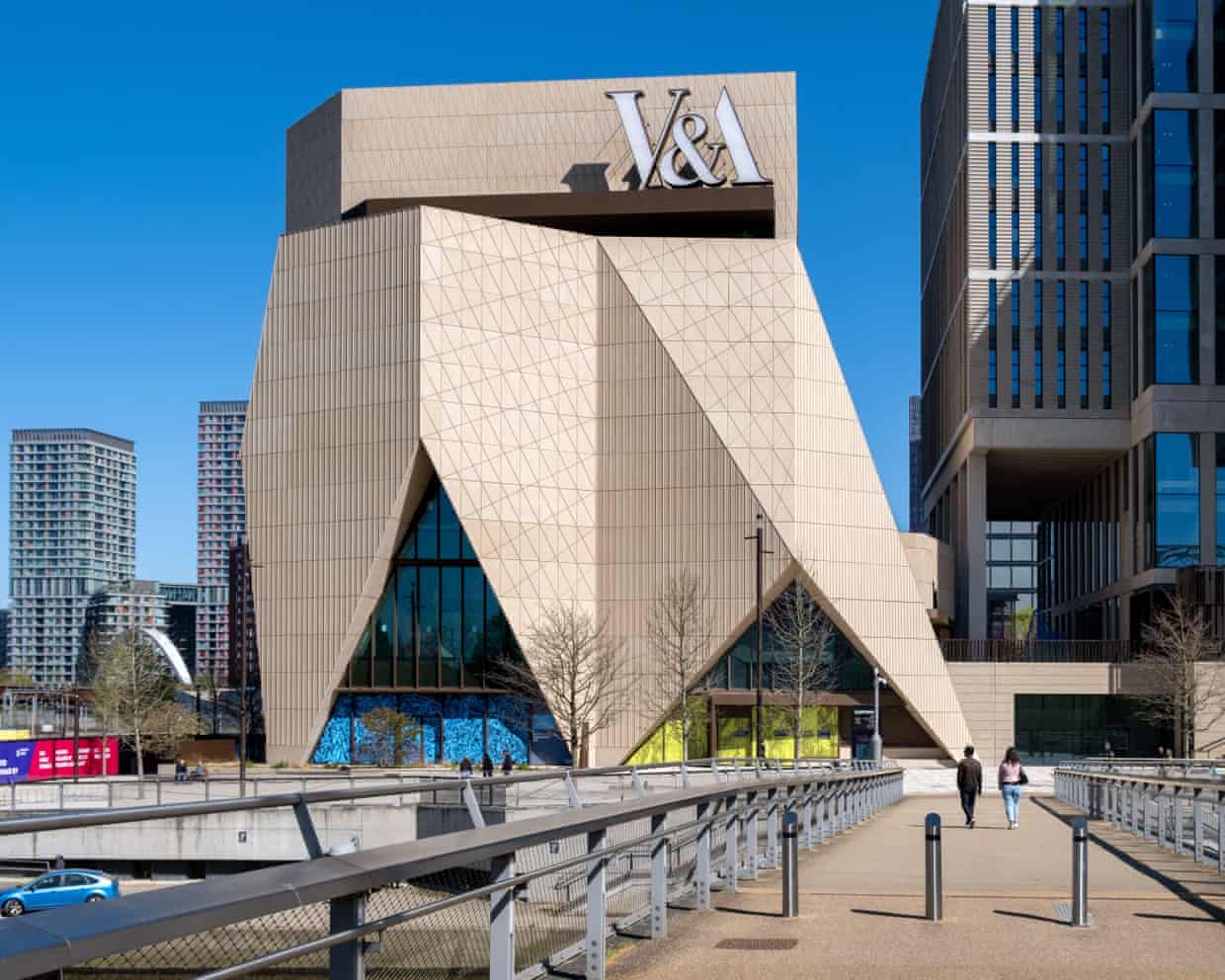
Why don’t Conservatives get credit for culture funding? | Letter